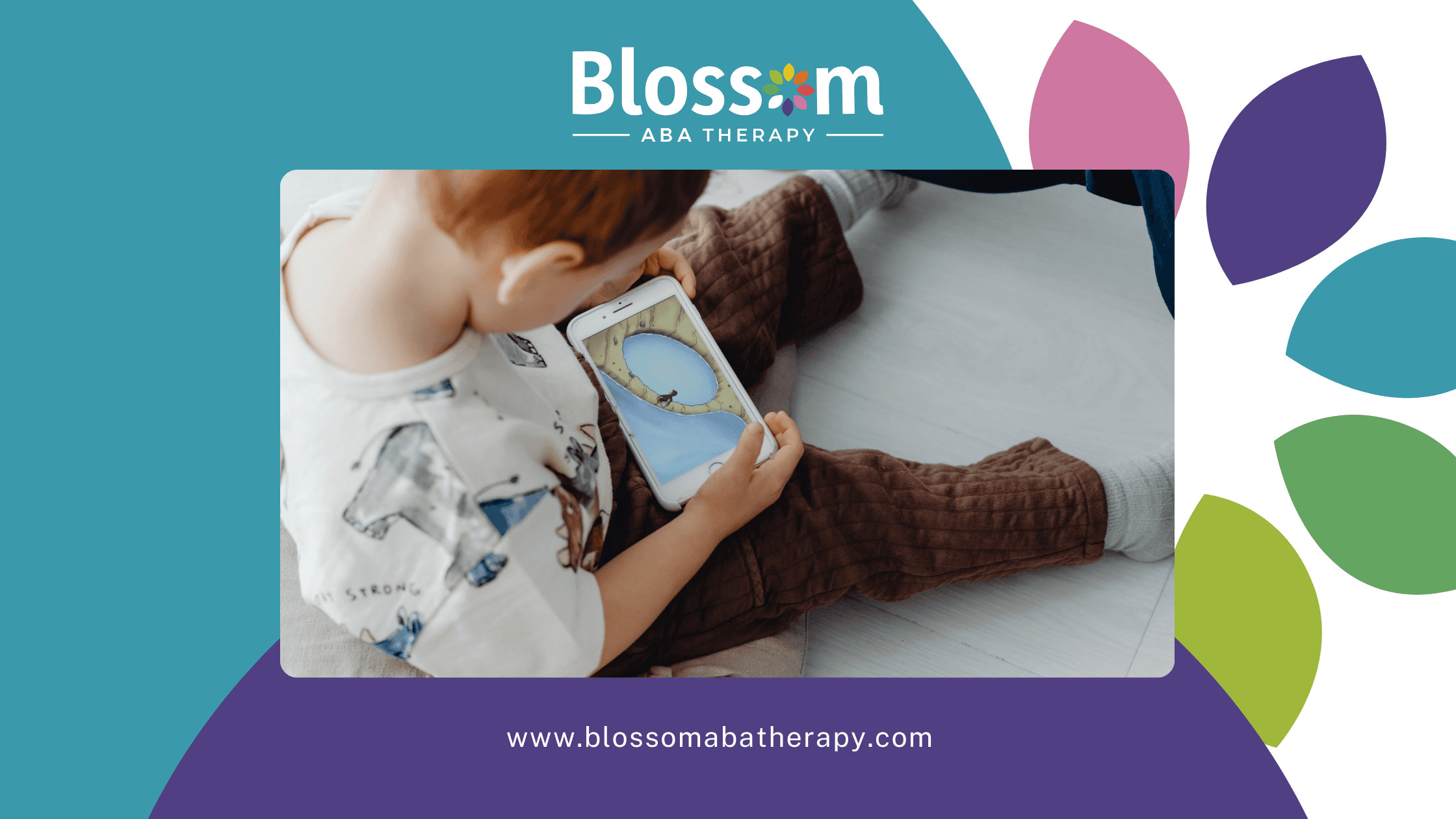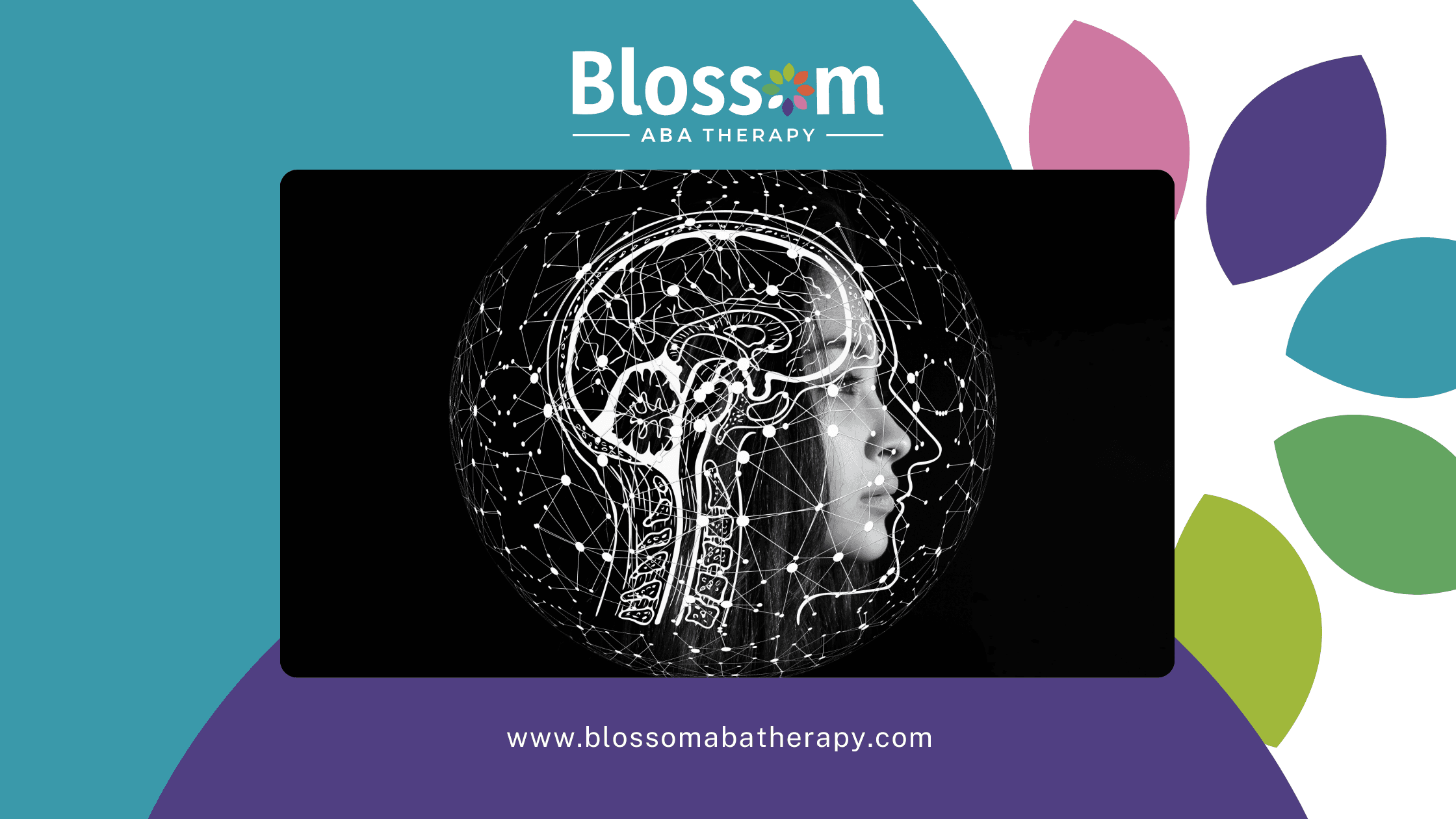Our New Clinic in Peachtree Corners is Now Open! Serving families in Norcross, Dunwoody, Sandy Springs, Duluth, Johns Creek, Alpharetta, Roswell, Suwanee, Brookhaven & nearby areas.

What Does Severe Autism Look Like?
Sep 13, 2025

What Does Severe Autism Look Like?
Sep 13, 2025

What Does Severe Autism Look Like?
Sep 13, 2025

What Does Severe Autism Look Like?
Sep 13, 2025
Learn what severe autism looks like in children. Explore the most common symptoms, real challenges, and how ABA therapy services can help your child thrive.
When people ask me, “What does severe autism look like?”, I usually explain that autism exists on a spectrum.
Some children need only a little support, while others — often described as having severe autism — need a lot more help with daily life. In my experience, recognizing the signs of severe autism early can make a huge difference in getting the right support.
Common Signs of Severe Autism
Every child is different, but here are some of the most common symptoms of severe autism I see in my work with families:
Communication Challenges
Children with severe autism often have very limited speech, or they may not speak at all. Instead, they might use gestures, sounds, or behavior to express themselves. Some children l (echolalia) but struggle with conversation.
Social Difficulties
Severe autism in children often means they may avoid eye contact, show little interest in playing with peers, or seem unaware of social cues. In my sessions, I’ve seen kids prefer being alone or engage only in very specific interactions.
Repetitive Behaviors
I often notice repetitive movements like hand-flapping, rocking, or spinning objects. Children may also stick to strict routines and become very upset with even small changes.
Sensory Sensitivities
Many children with severe autism are highly sensitive to lights, sounds, textures, or smells. A crowded store or loud environment can quickly feel overwhelming.
Daily Living Skills
Severe autism can also affect independence. Some kids may need ongoing help with eating, dressing, or using the bathroom.
Getting the Right Support
If your child shows these severe autism symptoms, know that help is available. With the right therapy, kids can learn skills that improve communication, independence, and quality of life.
At Blossom ABA Therapy, we provide personalized ABA therapy in Georgia, Tennessee, Virginia, and North Carolina. Services include home-based ABA therapy, center-based ABA therapy, and school-based ABA therapy.
If you’re worried about signs of severe autism, don’t wait. Contact Blossom ABA Therapy today to start building the right support plan for your child.
FAQs
1. What is considered severe autism?
Severe autism refers to children on the autism spectrum who need significant support with communication, social skills, and daily living.
2. Can children with severe autism learn to talk?
Some can develop speech with therapy, while others may use alternative communication methods like picture boards or devices.
3. How can ABA therapy help severe autism?
ABA therapy teaches skills step by step, helping children improve communication, reduce challenging behaviors, and gain independence.
Sources:
https://www.autismspeaks.org/autism-symptoms
https://www.autismspeaks.org/levels-of-autism
https://www.seattlechildrens.org/clinics/autism-center/the-autism-blog/autism-levels-support/
https://childmind.org/article/understanding-the-levels-of-autism/
https://childmind.org/article/what-is-profound-autism/
When people ask me, “What does severe autism look like?”, I usually explain that autism exists on a spectrum.
Some children need only a little support, while others — often described as having severe autism — need a lot more help with daily life. In my experience, recognizing the signs of severe autism early can make a huge difference in getting the right support.
Common Signs of Severe Autism
Every child is different, but here are some of the most common symptoms of severe autism I see in my work with families:
Communication Challenges
Children with severe autism often have very limited speech, or they may not speak at all. Instead, they might use gestures, sounds, or behavior to express themselves. Some children l (echolalia) but struggle with conversation.
Social Difficulties
Severe autism in children often means they may avoid eye contact, show little interest in playing with peers, or seem unaware of social cues. In my sessions, I’ve seen kids prefer being alone or engage only in very specific interactions.
Repetitive Behaviors
I often notice repetitive movements like hand-flapping, rocking, or spinning objects. Children may also stick to strict routines and become very upset with even small changes.
Sensory Sensitivities
Many children with severe autism are highly sensitive to lights, sounds, textures, or smells. A crowded store or loud environment can quickly feel overwhelming.
Daily Living Skills
Severe autism can also affect independence. Some kids may need ongoing help with eating, dressing, or using the bathroom.
Getting the Right Support
If your child shows these severe autism symptoms, know that help is available. With the right therapy, kids can learn skills that improve communication, independence, and quality of life.
At Blossom ABA Therapy, we provide personalized ABA therapy in Georgia, Tennessee, Virginia, and North Carolina. Services include home-based ABA therapy, center-based ABA therapy, and school-based ABA therapy.
If you’re worried about signs of severe autism, don’t wait. Contact Blossom ABA Therapy today to start building the right support plan for your child.
FAQs
1. What is considered severe autism?
Severe autism refers to children on the autism spectrum who need significant support with communication, social skills, and daily living.
2. Can children with severe autism learn to talk?
Some can develop speech with therapy, while others may use alternative communication methods like picture boards or devices.
3. How can ABA therapy help severe autism?
ABA therapy teaches skills step by step, helping children improve communication, reduce challenging behaviors, and gain independence.
Sources:
https://www.autismspeaks.org/autism-symptoms
https://www.autismspeaks.org/levels-of-autism
https://www.seattlechildrens.org/clinics/autism-center/the-autism-blog/autism-levels-support/
https://childmind.org/article/understanding-the-levels-of-autism/
https://childmind.org/article/what-is-profound-autism/
When people ask me, “What does severe autism look like?”, I usually explain that autism exists on a spectrum.
Some children need only a little support, while others — often described as having severe autism — need a lot more help with daily life. In my experience, recognizing the signs of severe autism early can make a huge difference in getting the right support.
Common Signs of Severe Autism
Every child is different, but here are some of the most common symptoms of severe autism I see in my work with families:
Communication Challenges
Children with severe autism often have very limited speech, or they may not speak at all. Instead, they might use gestures, sounds, or behavior to express themselves. Some children l (echolalia) but struggle with conversation.
Social Difficulties
Severe autism in children often means they may avoid eye contact, show little interest in playing with peers, or seem unaware of social cues. In my sessions, I’ve seen kids prefer being alone or engage only in very specific interactions.
Repetitive Behaviors
I often notice repetitive movements like hand-flapping, rocking, or spinning objects. Children may also stick to strict routines and become very upset with even small changes.
Sensory Sensitivities
Many children with severe autism are highly sensitive to lights, sounds, textures, or smells. A crowded store or loud environment can quickly feel overwhelming.
Daily Living Skills
Severe autism can also affect independence. Some kids may need ongoing help with eating, dressing, or using the bathroom.
Getting the Right Support
If your child shows these severe autism symptoms, know that help is available. With the right therapy, kids can learn skills that improve communication, independence, and quality of life.
At Blossom ABA Therapy, we provide personalized ABA therapy in Georgia, Tennessee, Virginia, and North Carolina. Services include home-based ABA therapy, center-based ABA therapy, and school-based ABA therapy.
If you’re worried about signs of severe autism, don’t wait. Contact Blossom ABA Therapy today to start building the right support plan for your child.
FAQs
1. What is considered severe autism?
Severe autism refers to children on the autism spectrum who need significant support with communication, social skills, and daily living.
2. Can children with severe autism learn to talk?
Some can develop speech with therapy, while others may use alternative communication methods like picture boards or devices.
3. How can ABA therapy help severe autism?
ABA therapy teaches skills step by step, helping children improve communication, reduce challenging behaviors, and gain independence.
Sources:
https://www.autismspeaks.org/autism-symptoms
https://www.autismspeaks.org/levels-of-autism
https://www.seattlechildrens.org/clinics/autism-center/the-autism-blog/autism-levels-support/
https://childmind.org/article/understanding-the-levels-of-autism/
https://childmind.org/article/what-is-profound-autism/
When people ask me, “What does severe autism look like?”, I usually explain that autism exists on a spectrum.
Some children need only a little support, while others — often described as having severe autism — need a lot more help with daily life. In my experience, recognizing the signs of severe autism early can make a huge difference in getting the right support.
Common Signs of Severe Autism
Every child is different, but here are some of the most common symptoms of severe autism I see in my work with families:
Communication Challenges
Children with severe autism often have very limited speech, or they may not speak at all. Instead, they might use gestures, sounds, or behavior to express themselves. Some children l (echolalia) but struggle with conversation.
Social Difficulties
Severe autism in children often means they may avoid eye contact, show little interest in playing with peers, or seem unaware of social cues. In my sessions, I’ve seen kids prefer being alone or engage only in very specific interactions.
Repetitive Behaviors
I often notice repetitive movements like hand-flapping, rocking, or spinning objects. Children may also stick to strict routines and become very upset with even small changes.
Sensory Sensitivities
Many children with severe autism are highly sensitive to lights, sounds, textures, or smells. A crowded store or loud environment can quickly feel overwhelming.
Daily Living Skills
Severe autism can also affect independence. Some kids may need ongoing help with eating, dressing, or using the bathroom.
Getting the Right Support
If your child shows these severe autism symptoms, know that help is available. With the right therapy, kids can learn skills that improve communication, independence, and quality of life.
At Blossom ABA Therapy, we provide personalized ABA therapy in Georgia, Tennessee, Virginia, and North Carolina. Services include home-based ABA therapy, center-based ABA therapy, and school-based ABA therapy.
If you’re worried about signs of severe autism, don’t wait. Contact Blossom ABA Therapy today to start building the right support plan for your child.
FAQs
1. What is considered severe autism?
Severe autism refers to children on the autism spectrum who need significant support with communication, social skills, and daily living.
2. Can children with severe autism learn to talk?
Some can develop speech with therapy, while others may use alternative communication methods like picture boards or devices.
3. How can ABA therapy help severe autism?
ABA therapy teaches skills step by step, helping children improve communication, reduce challenging behaviors, and gain independence.
Sources:
https://www.autismspeaks.org/autism-symptoms
https://www.autismspeaks.org/levels-of-autism
https://www.seattlechildrens.org/clinics/autism-center/the-autism-blog/autism-levels-support/
https://childmind.org/article/understanding-the-levels-of-autism/
https://childmind.org/article/what-is-profound-autism/
Severe Autism Symptoms & Challenges | Blossom ABA Therapy
Severe Autism Symptoms & Challenges | Blossom ABA Therapy


Seeking Support?
We're Here to Help!
Our dedicated professionals specialize in ABA therapy to foster your child's growth and happiness. We're here to provide the personalized care and attention your child deserves. Reach out to learn how we can support your family's journey.
Connect With Our ABA Experts Today.
News & Blogs
News & Blogs
Latest News & Blogs
Latest News & Blogs
Latest News & Blogs
Latest News & Blogs

ARE YOU PASSIONATE ABOUT HELPING CHILDREN
ARE YOU PASSIONATE ABOUT HELPING CHILDREN
Join Our Team
Join Our Team
Join Our Team
Join Our Team
Blossom Therapy constantly seeks qualified BCBAs and RBTs to fill full and part-time positions.
Blossom Therapy constantly seeks qualified BCBAs and RBTs to fill full and part-time positions.
Blossom Therapy constantly seeks qualified BCBAs and RBTs to fill full and part-time positions.
Blossom Therapy constantly seeks qualified BCBAs and RBTs to fill full and part-time positions.






